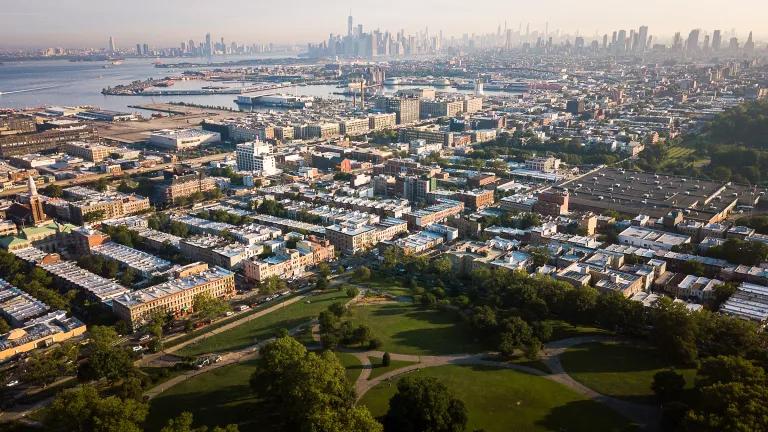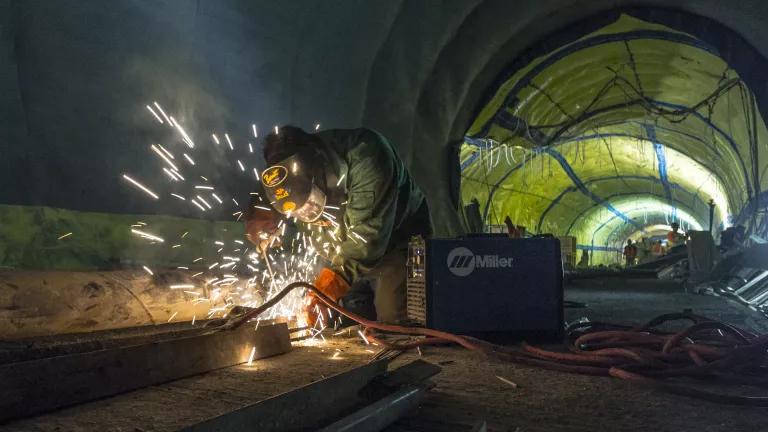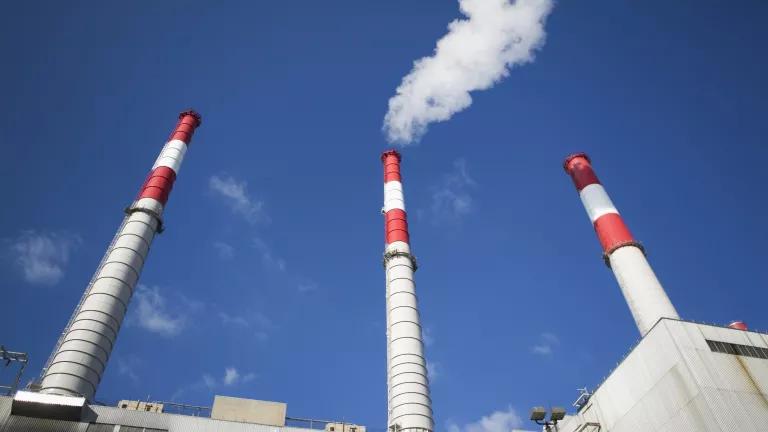Supporting Home Rule Over Fracking in NY: NRDC Files Brief on Behalf of Environmental and Non-Profit Orgs
Yesterday, NRDC filed an amicus, or “friend of the court,” brief in the appeals of the Dryden and Middlefield decisions rendered earlier this year. The brief—filed on behalf of Catskill Mountainkeeper; Delaware Riverkeeper Network; Gas Drilling Awareness for Cortland County; Otsego 2000; the Preservation League Of New York State; Riverkeeper; Theodore Gordon Flyfishers; Vestal Residents For Safe Energy; and NRDC itself—supports both the fracking bans enacted by the towns of Dryden and Middlefield and also the right of municipalities everywhere to use local control to determine if and where fracking occurs within their communities.
For those just tuning in, these cases involve claims that the language in New York’s oil and gas law granting the State exclusive control over laws “relating to the regulation of oil [and] gas . . . industries” overrides or “preempts” the ability of New York towns to pass zoning ordinances relating to fracking. Although this language had never been interpreted before in the context of a fracking ban, the lower courts in both the Dryden and Middlefield cases found New York law to be clear—zoning regulation is not industrial regulation, and, therefore, the state oil and gas law does not destroy local zoning authority. (This logic was also followed by a third New York trial court this fall.)
This, after all, makes sense. Fracking is a complex industrial activity—a process that involves complicated operations and the use of highly specialized heavy-duty machinery. It is also one that produces air emissions, excess truck traffic, landscape destruction, and around-the-clock noise and light during certain phases of the operation, and one with the potential to cause significant, long-lasting environmental impacts, such as drinking water contamination. While it seems sensible that state regulators should control the technical aspects of how a frack well is drilled, it also seems unthinkable that a town or village should be completely powerless to prevent a well pad from being placed in the middle of a residential neighborhood or right next door to a school or hospital.
Yesterday’s brief, similar to the one NRDC recently filed in the Supreme Court of Pennsylvania, emphasizes both the significance of local character—including natural and historic resources—to the health and vitality of New York’s communities and also the importance of the traditional zoning rights necessary to protect those valuable resources from industrial harms. NRDC is happy to support the Towns of Dryden and Middlefield, as well as all communities across New York State, who are fighting for their right to zone potentially dangerous industrial activities that could affect the health, happiness, and livelihood of their residents.
(NOTE: For those legal wonks out there, NRDC actually filed two briefs yesterday because, even though the appeals will be heard together, the cases are technically separate. The second brief filed is here, and is virtually identical to the brief linked to above.)




